How fragile russia is
Author: Kamil Galeev
Links to this thread: Twitter, PingThread, ThreadReader, Web Archive
Why Russia is more fragile than you think
Russia presents a paradox. It looks robust. Still, it tends to collapse from time to time to everyone's surprise. Why? Russia tends to avoid small manageable risks thus accumulating unmanageable ones. Some of them are purely biological🧵
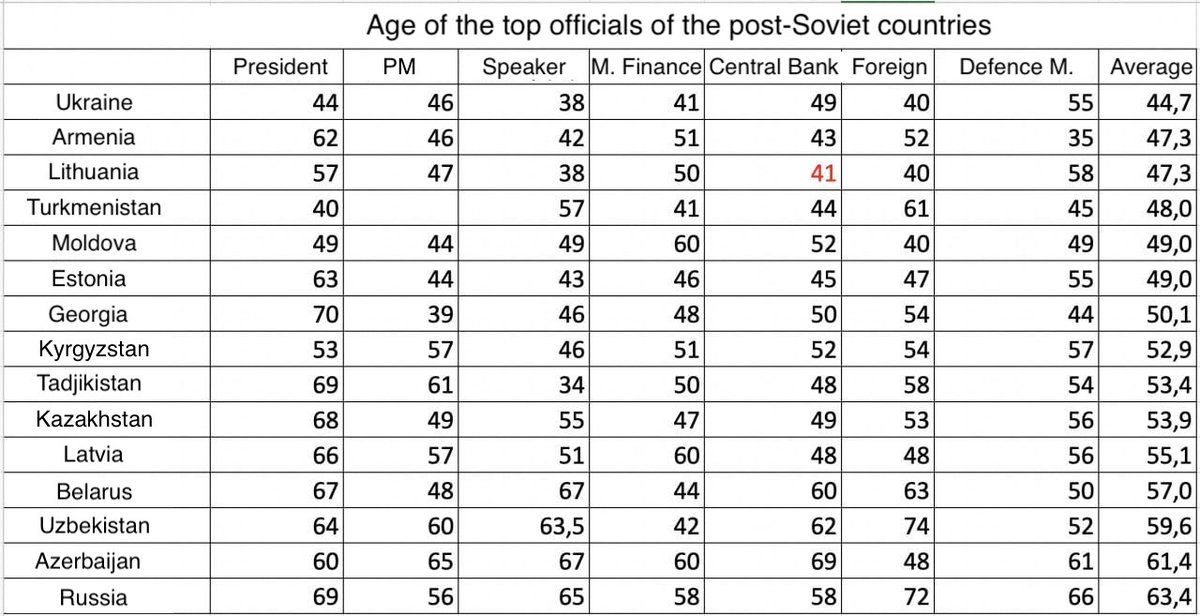 |
|---|
What has always puzzled me about the Russian studies is this weird obsession with the "high culture" and the "people in power". Kremlenologists, Sovietologists & their modern followers tend to focus on everything high status. In other words they focus on the oldies
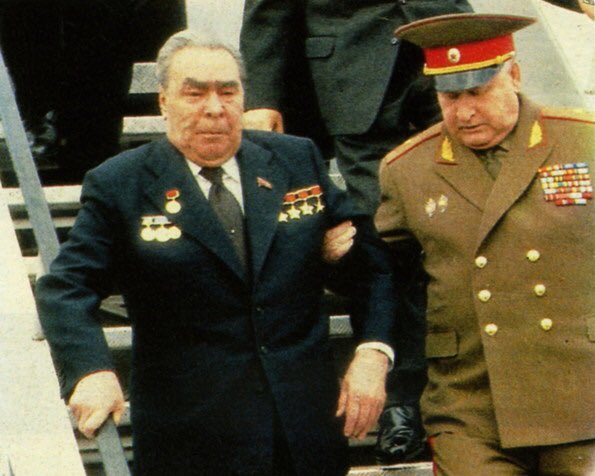 |
|---|
Everything high status is dead. By the time people climb up the hierarchy they're usually old. Yeah they hold power or symbolic capital and gonna hold it for awhile. But soon they're gonna die. Everything they loved, believed in, stood for will die with them and nobody will care
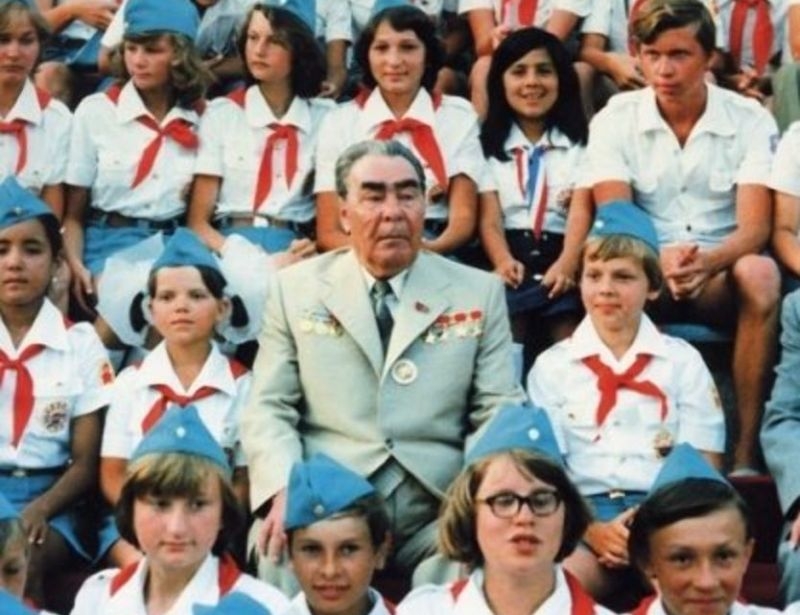 |
|---|
I don't claim that studying the high culture or the people in Kremlin is useless. I just argue that its importance is exaggerated. All you can learn from it is the present state of affairs. But it gonna change and it will be changing one funerals at a time. Much like science
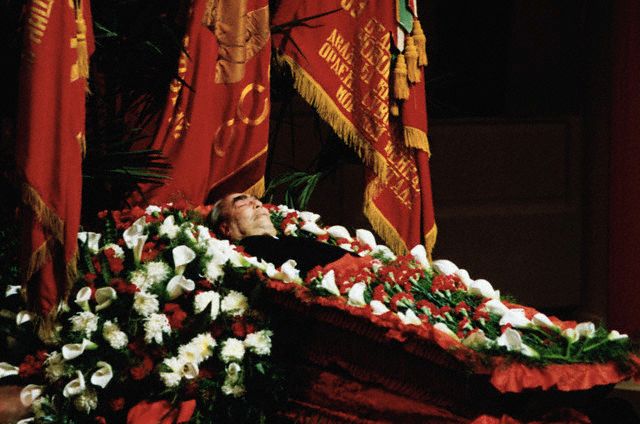 |
|---|
Imagine you are a Kremlenologist. You studied the upper nomenklatura for all of your life. Indeed those guys occupied all the positions of power and wouldn't allow anyone else up. Of course you should study those living gods and base your prognoses on your Very Important Findings
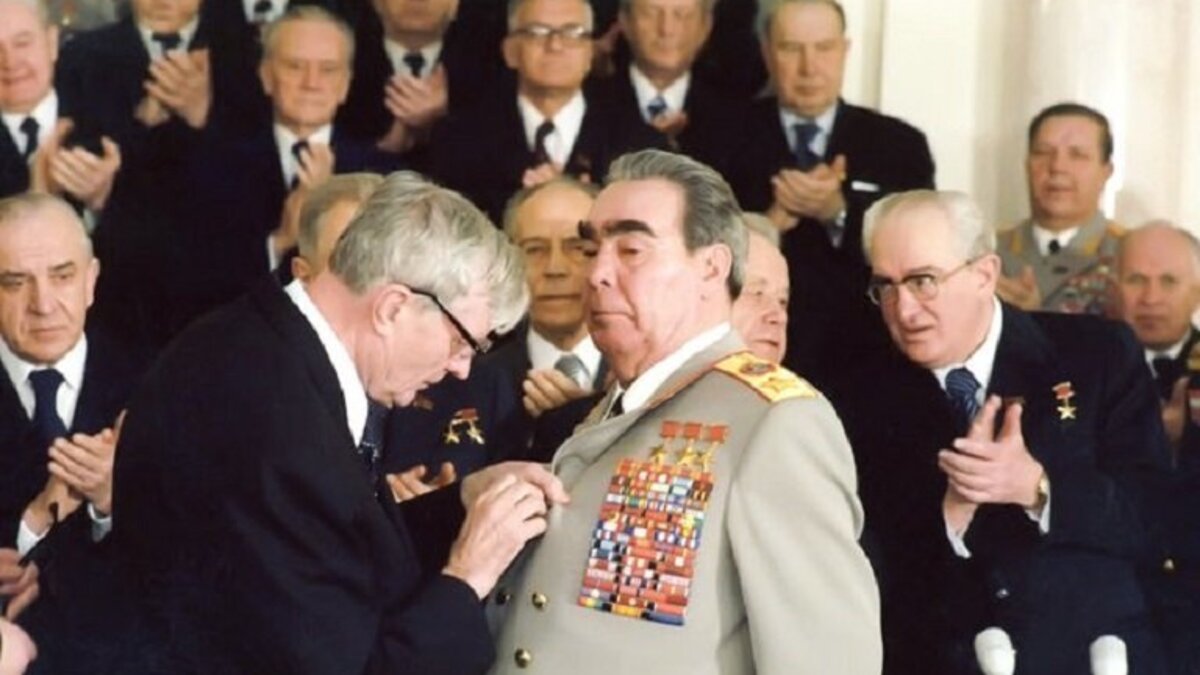 |
|---|
A narrow clique can take power and not allow anyone up. But they're still mortal. If your rulers are all from the same generation, it means they'll be dying nearly simultaneously. In 1982-1985 three Soviet leaders died one by one. Because they belonged to the same generation
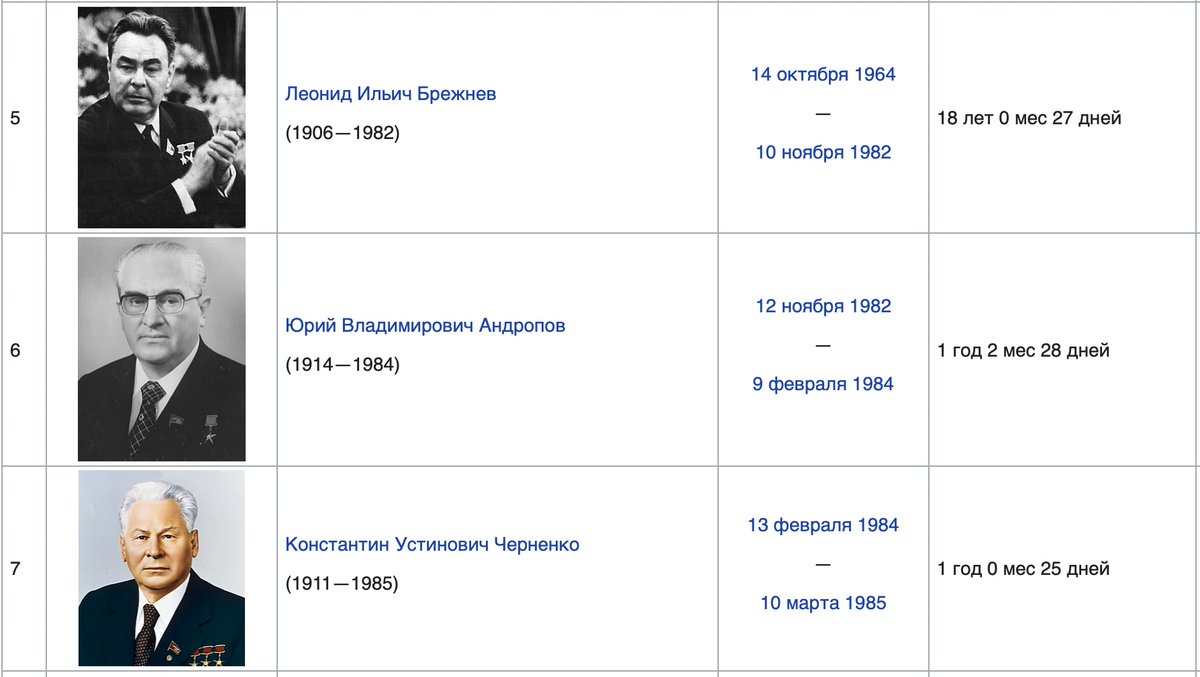 |
|---|
Rulers die, people laugh. Funerals of the Party bosses were called "races on the gun carriages". It looked like a contest who of them will pass away sooner. Soviet people found it absolutely hilarious. The frequency of those funerals harmed the prestige of Soviet power immensely
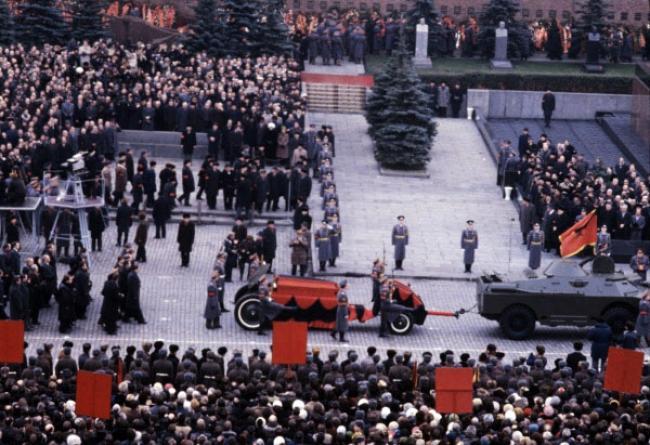 |
|---|
The speed of socio-economic-political changes in the USSRussia after 1985 may look shocking. It looks less shocking though, if we consider that it was largely the generational change. Gorbachev and Yeltsin were both born in 1931. 20 years younger than all their predecessors
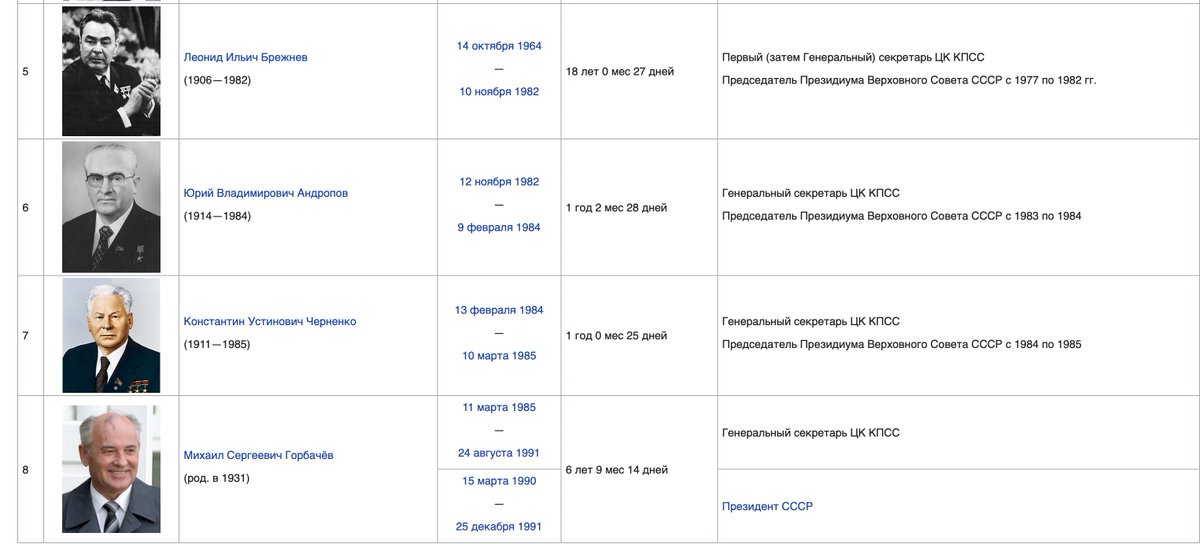 |
|---|
If a clique belonging to the same generation occupies positions of power and doesn't allow anyone up, it makes system way more fragile in the long run. You can't prevent changes. You can only delay them for as long as you live. But once you die, there will be an avalanche
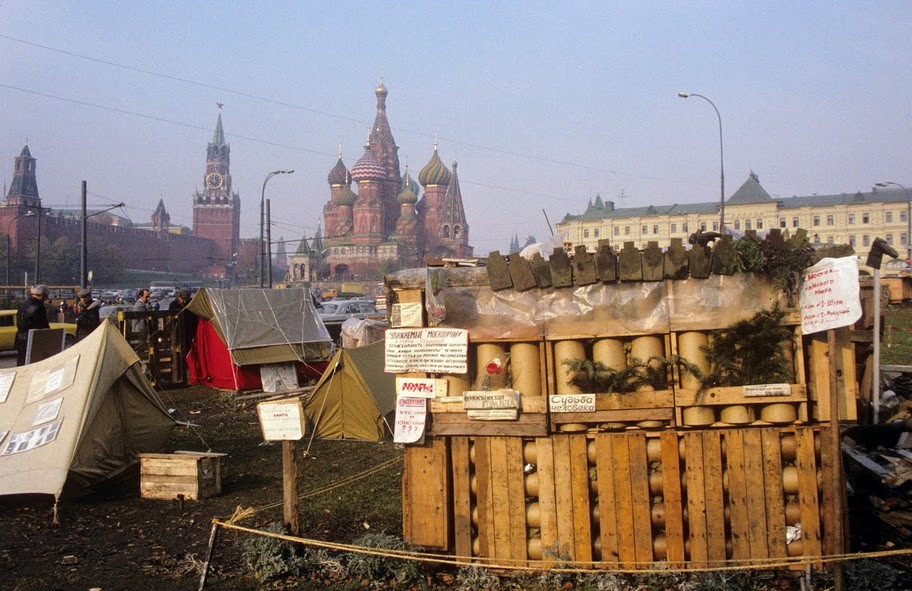 |
|---|
You can either rotate the ruling elite gradually retiring the oldies and promoting youngsters. Or you can keep the same oldies as long as you can. In the second case your system seems more stable but in fact becomes more fragile. Instead of many small crises you'll get a huge one
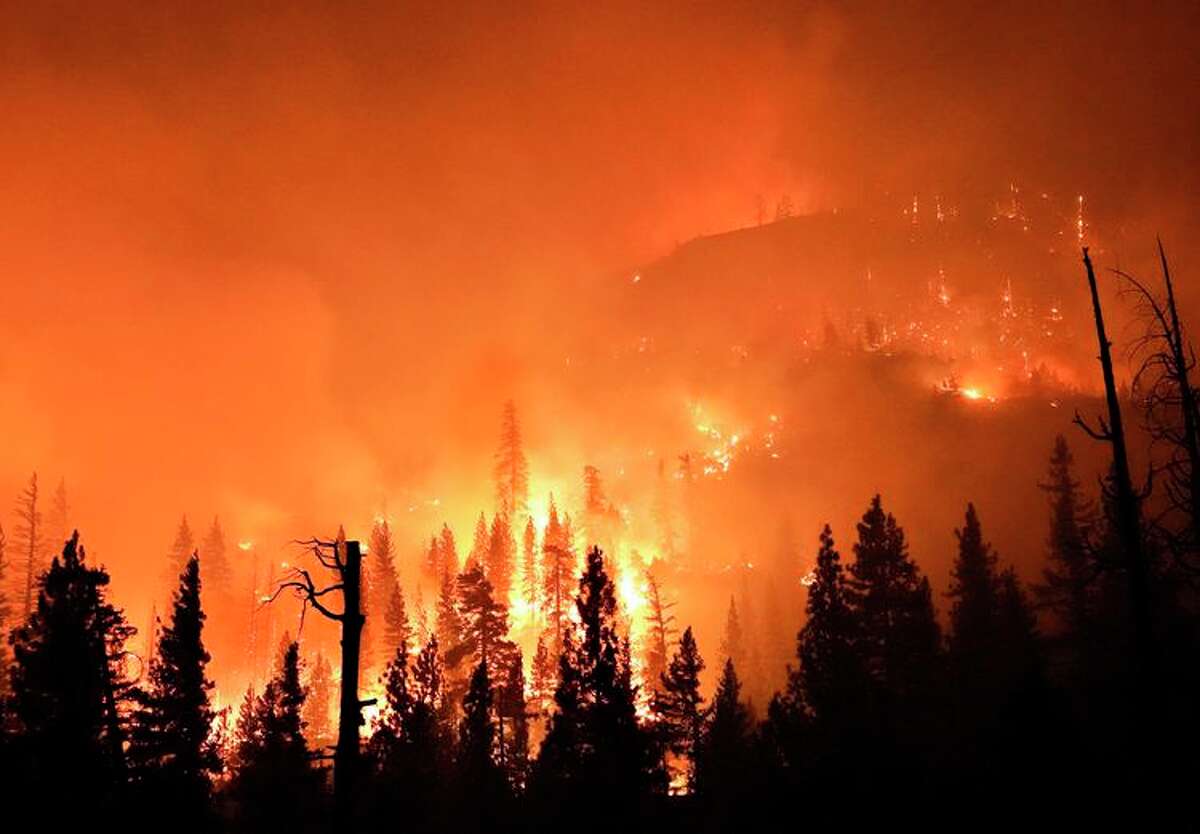 |
|---|
Putin sticks to the second strategy. Consider the civil service:
2013 - compulsory retirement age for top civil servants increased from 60 to 70
2022 - Putin introduced a bill to abolish the compulsory retirement age for top civil servants. Now they can serve indefinitely
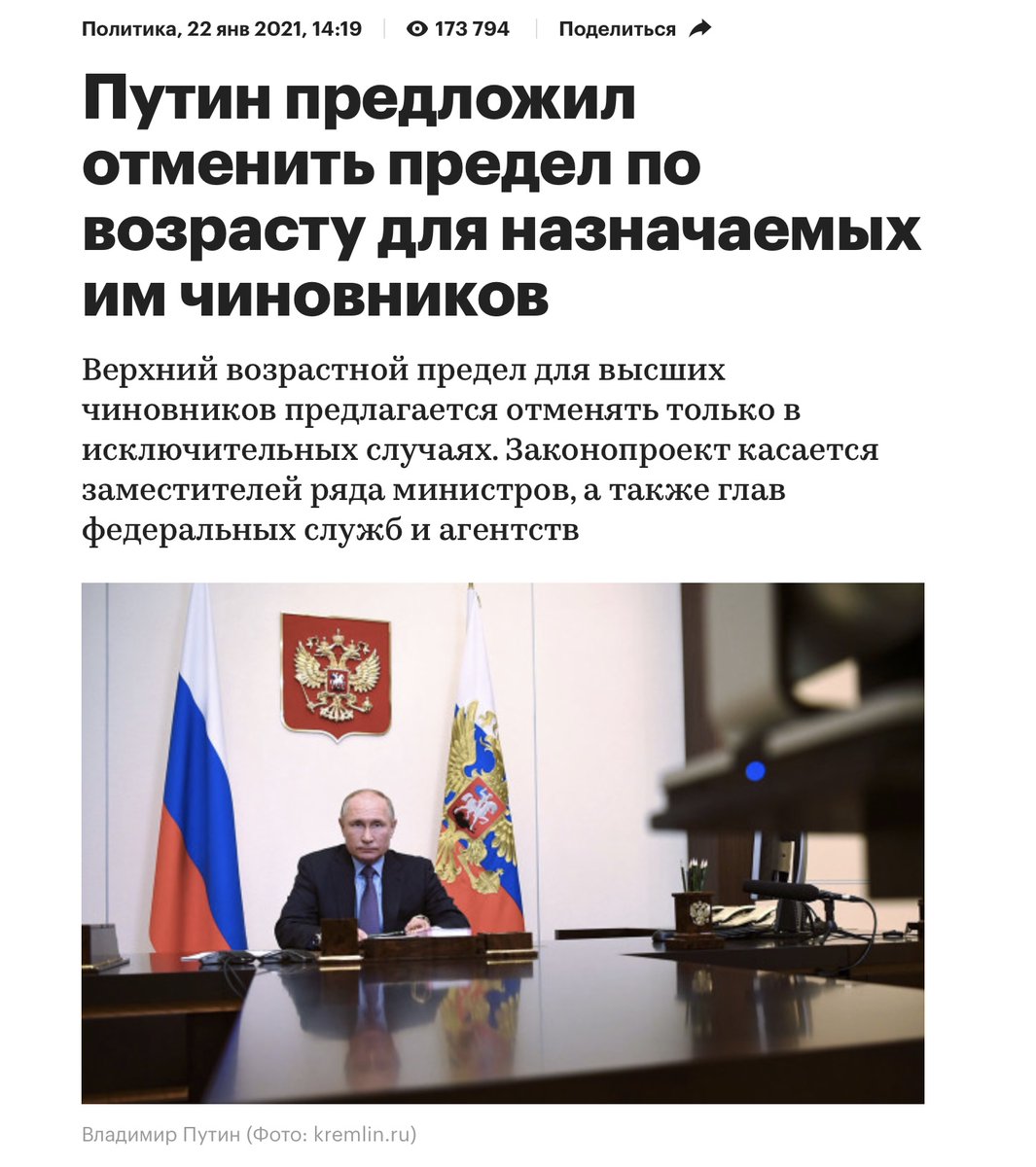 |
|---|
Now consider the army:
2014 - compulsory retirement age for upper generals & admirals increased by 5 years, to 65 y
2021 - retirement age for upper generals & admirals increased to 70. It also stopped being compulsory. After they turn 70 Putin still can renew their contracts
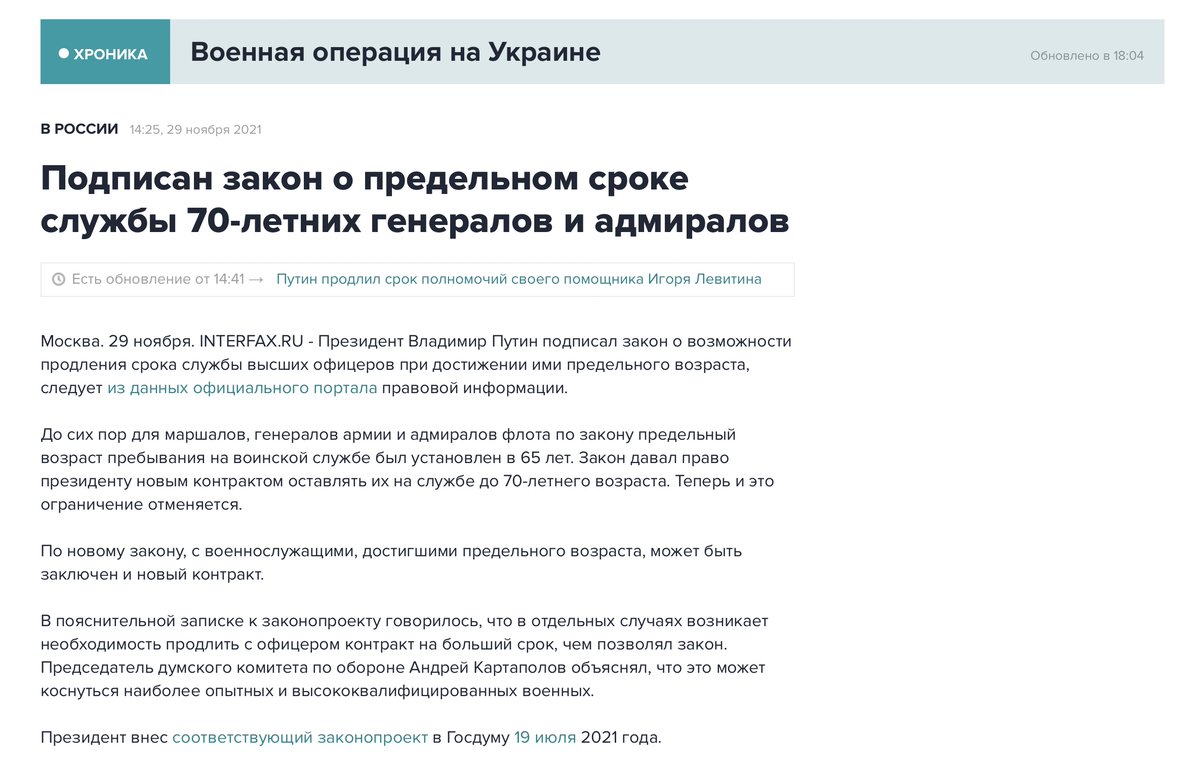 |
|---|
We see the same gerontocratic pattern with various Siloviki agencies. Just a couple of examples:
2019 - Putin increases upper age limit for police generals from 60 to 65
2021 - Putin increases upper age limit for prison system generals from 60 to 65
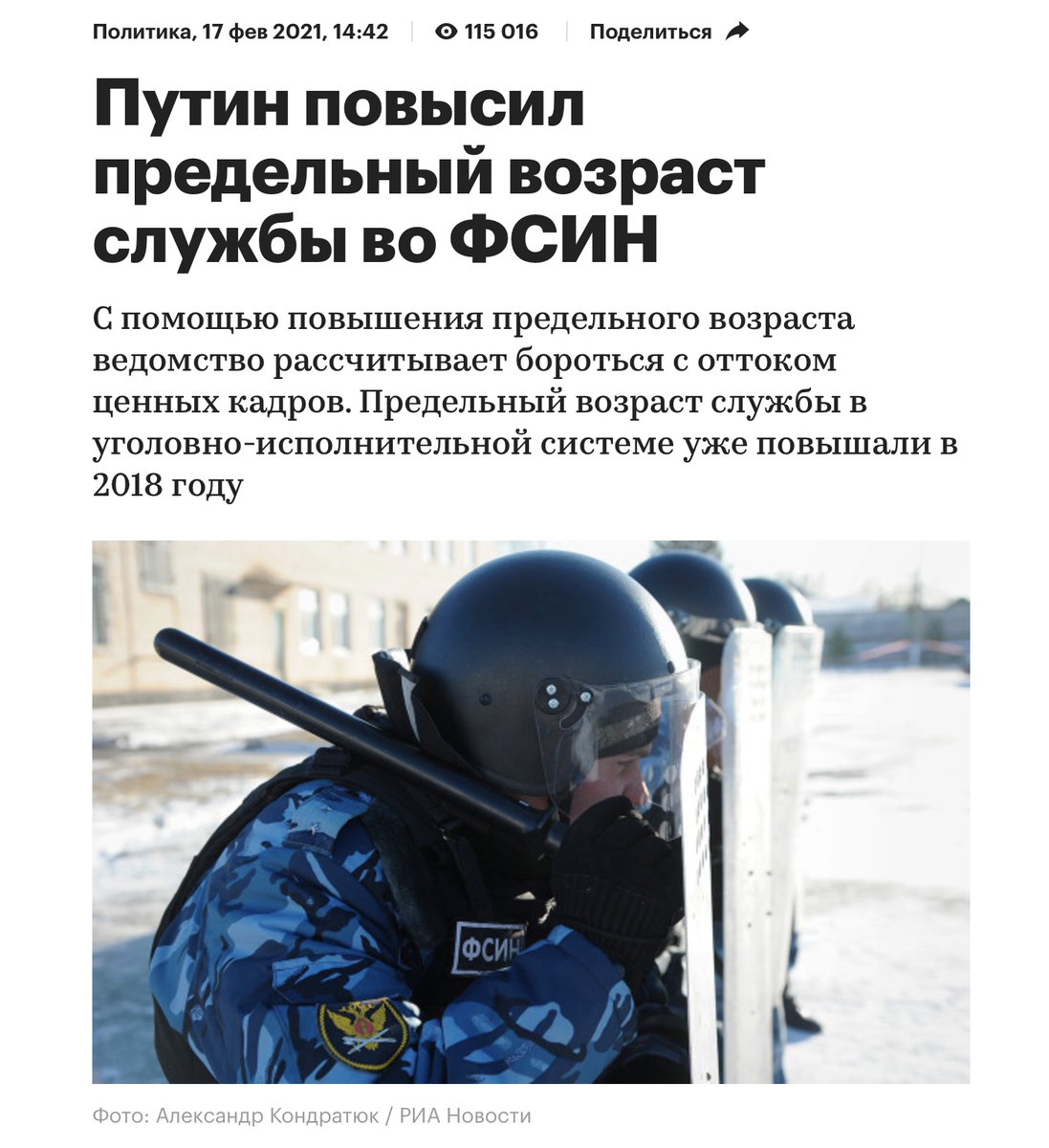 |
|---|
This example shows how Putin thinks:
2019 - Putin lifted the compulsory retirement age for rectors of two most important universities: Moscow and St Petersburg. Now he can renew their contracts indefinitely
2020 - Putin increased the retirement age for other rectors to 70
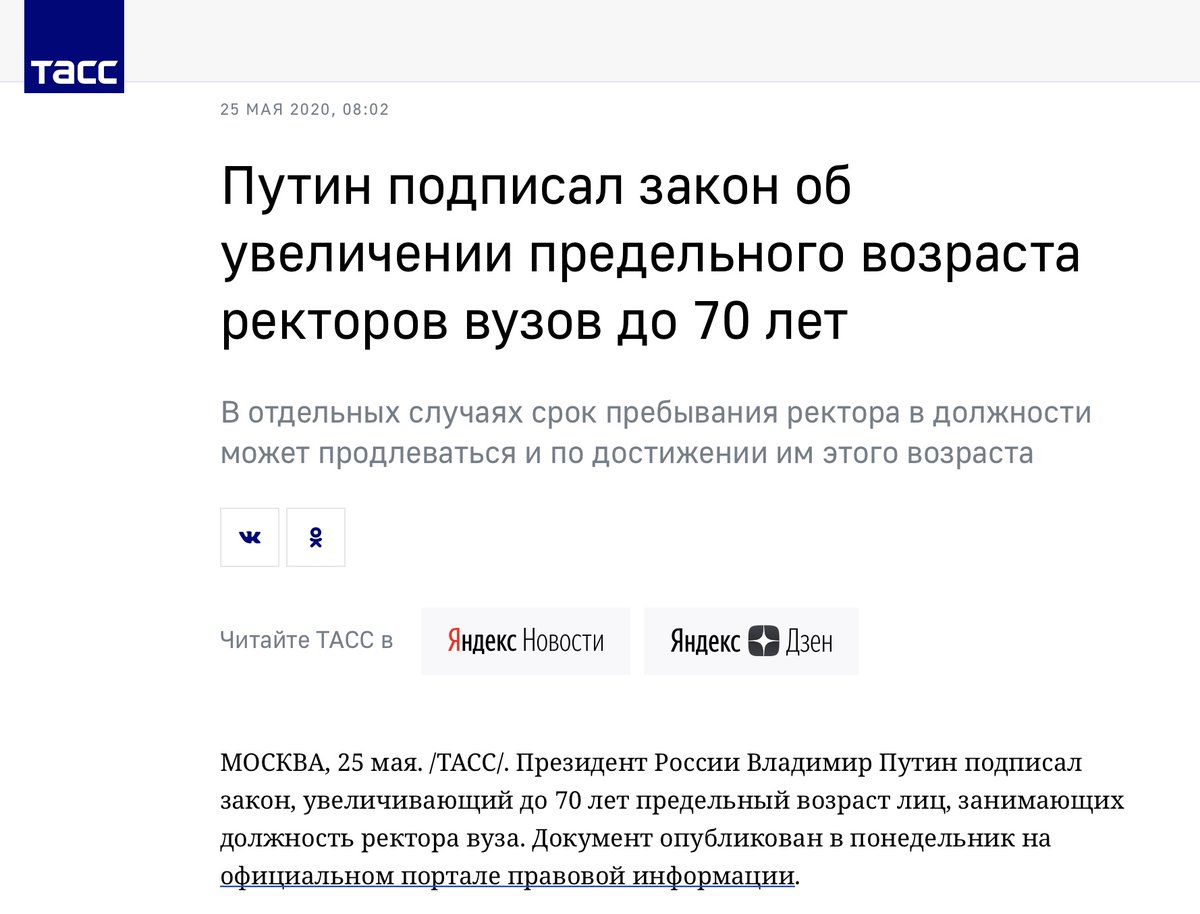 |
|---|
We can see how Putin thinks. Rectors of unimportant universities might have some compulsory retirement age. But rectors of two most prestigious ones should remain in power as long as they breathe. The more important a position is, the more should avoid the cadre changes
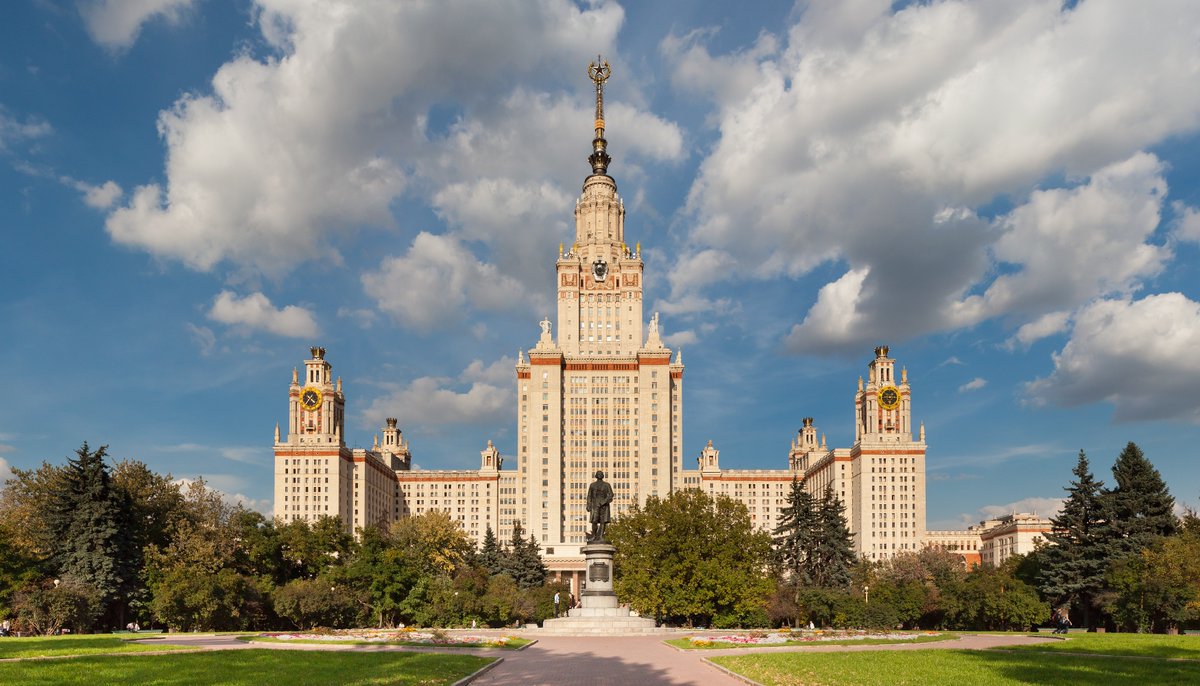 |
|---|
That is a very important factor. Russia is not only gerontocratic, it's also unevenly gerontocratic. Putin is reluctant to make cadre changes on truly important positions of power, such as the Security Council or Presidential Administration. So they're more gerontocratic
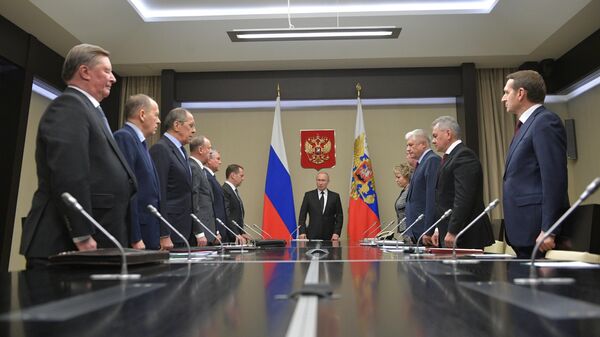 |
|---|
And yet, Putin is much more willing to make cadre changes on less important positions, especially in the province. This makes the gubernatorial corpse the youngest strata of the ruling elite with the average age of only 51. That created a huge asymmetry in Russian elite
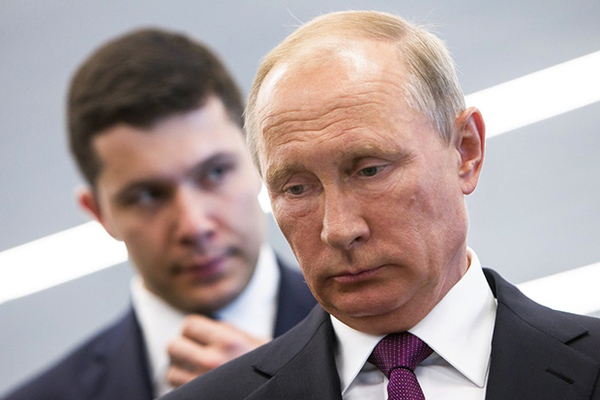 |
|---|
Courtiers vs barons dichotomy shapes the elite dynamics in pretty much every gigantic organisation, including the Russian Federation. If the regime is strong, courtiers have the upper hand. If it's weak, it will be the other way around as it was in the 1990s
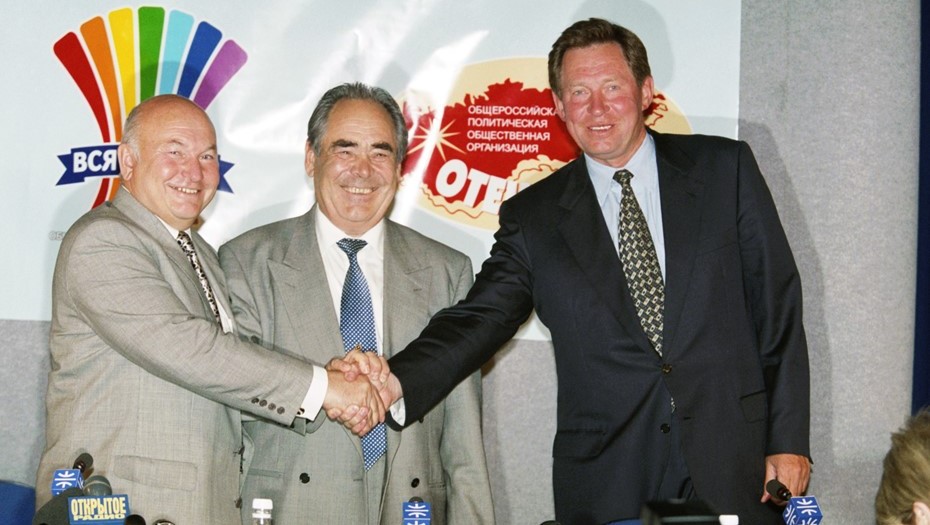 |
|---|
Under the centralised regime of Putin, the courtier position are way more lucrative and important. Putin cares about who is a courtier much more than he cares about who is a baron. So he doesn't rotate them too much. He doesn't care so much about the barons and rotates them
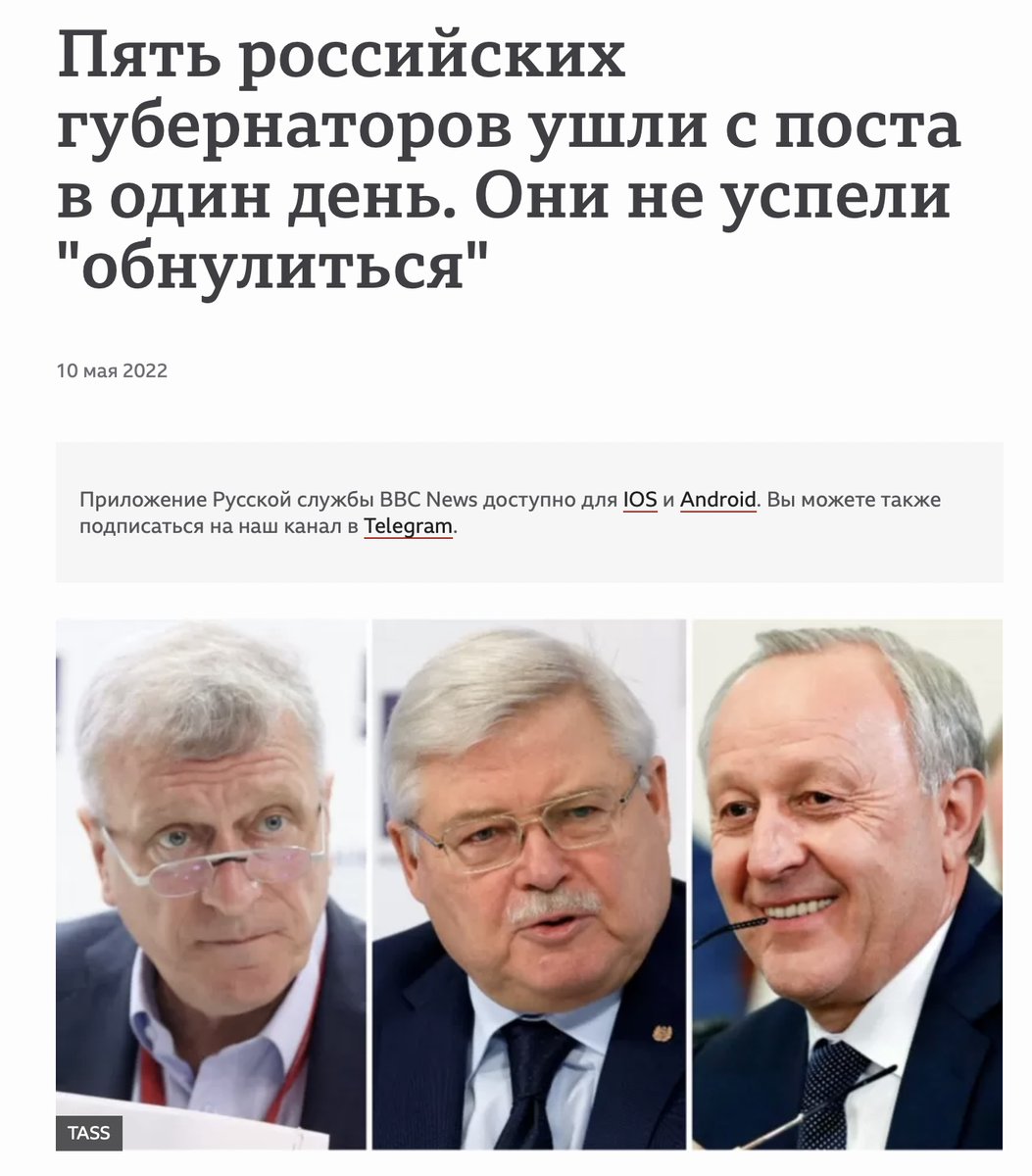 |
|---|
Putin's cadre policy creates an age asymmetry among the courtiers and the barons. He doesn't rotate people on the important courtier positions, so they're occupied by the frailing gerontocracy. He rotates people on unimportant baronial positions. So they're much younger
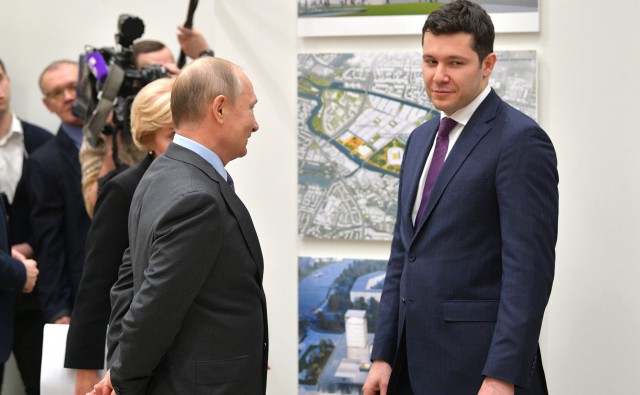 |
|---|
Putin's reluctance to let the oldies go makes Russia a country with a very old leadership in a stark contrast to much younger leaders of Ukraine. In a sense, current Z-war is not only an ethnic, cultural or political but also a generational conflict
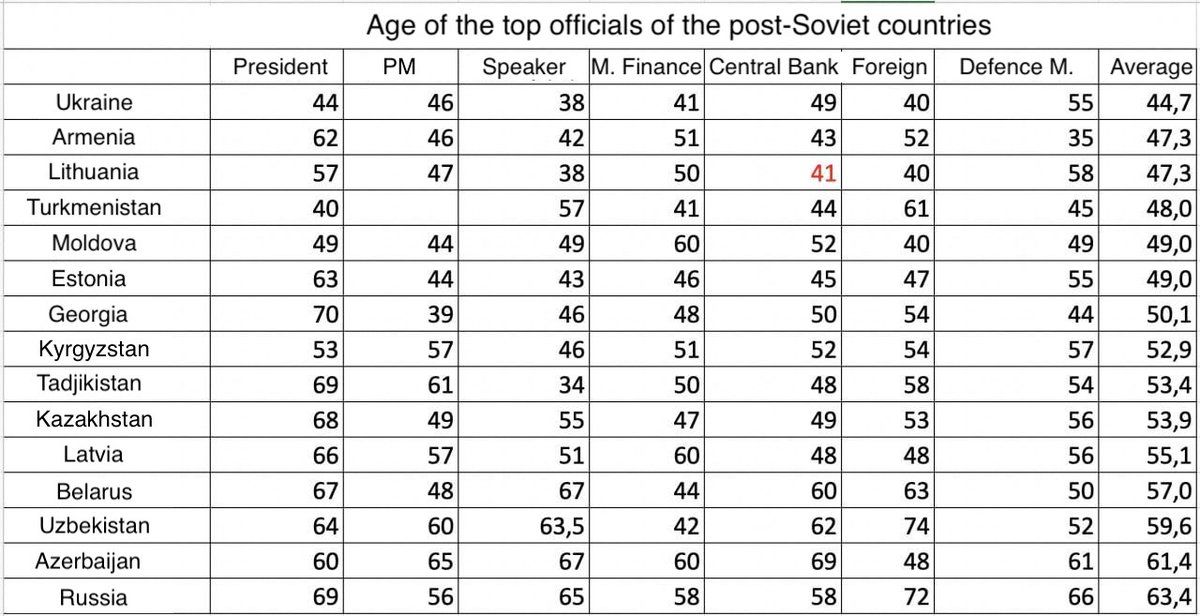 |
|---|
The same however can be said about the Russian internal elite dynamics. They're characterised by the generational difference between the barons and the courtiers. Right now this asymmetry doesn't have too important consequences as the barons can't renegotiate the power balance
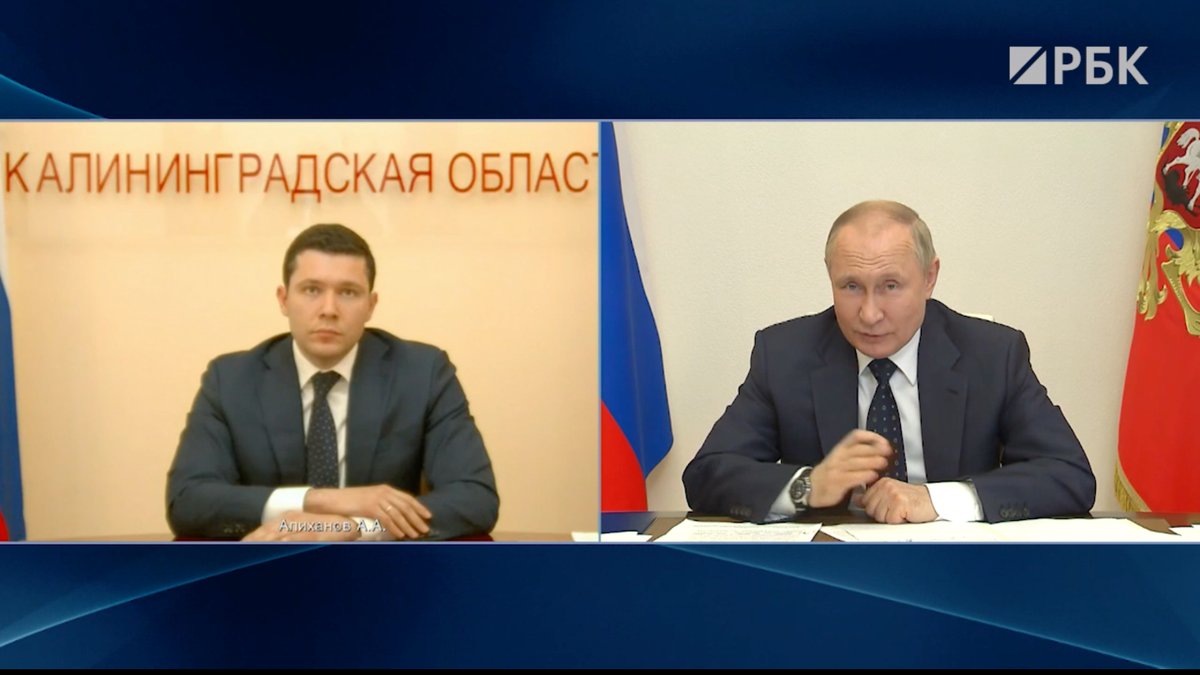 |
|---|
The gerontocratic character of the Russian courtiers makes them way weaker in the long run. Modern medicine can delay a next round of races on the gun carriages but not for long. That will create a window of opportunities for a major renegotiation of the power balance. End of🧵
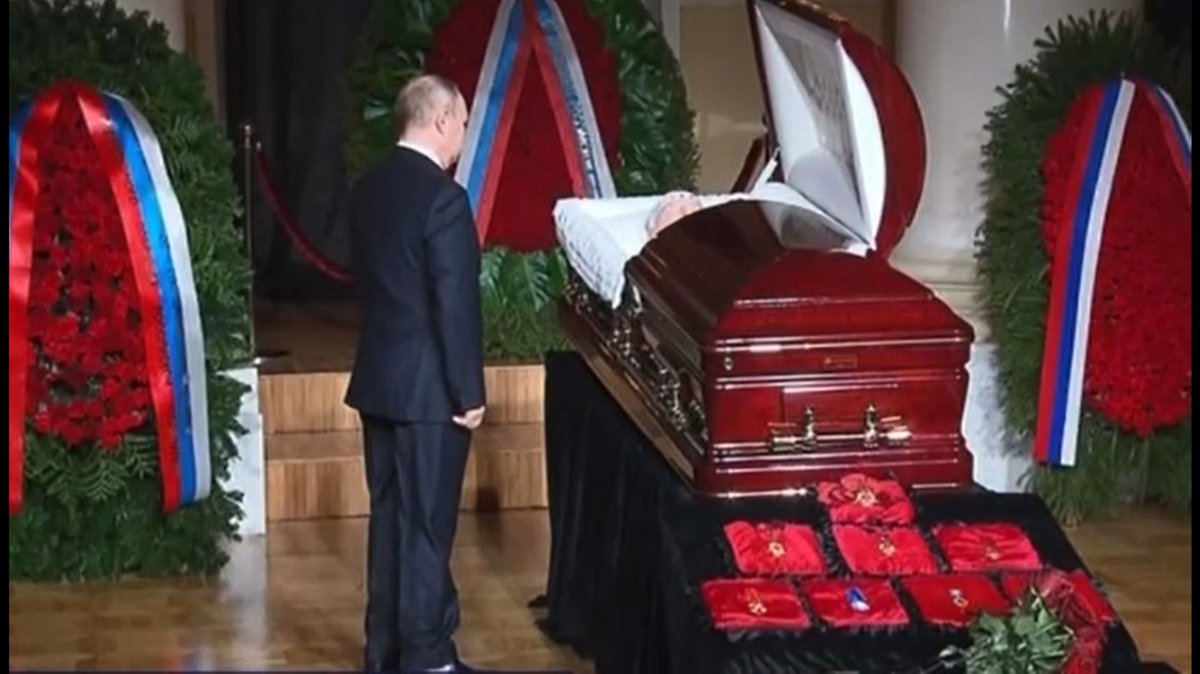 |
|---|
Further reading:
You can see a very nice article of the age dynamics within the Russian elite here by Istories. It has a lot of data and infographics, but unfortunately they didn't translate it to English. If you want, you can use a Google Translate
istories.media: «Пора на пенсию»
Here you can find a much shorter summary of the Istories article by Meduza. It's okayish and gives a general idea of what the article is about though it's obviously less informative
Here you can find a list of many Putin's gerontocratic reforms such as increasing or lifting the compulsory retirement age limits for the upper officials across all branches of power mbk-news.appspot.com: Идем на пожизненное. Как российским судьям, чиновникам и полицейским увеличивают возраст пребывания в должности